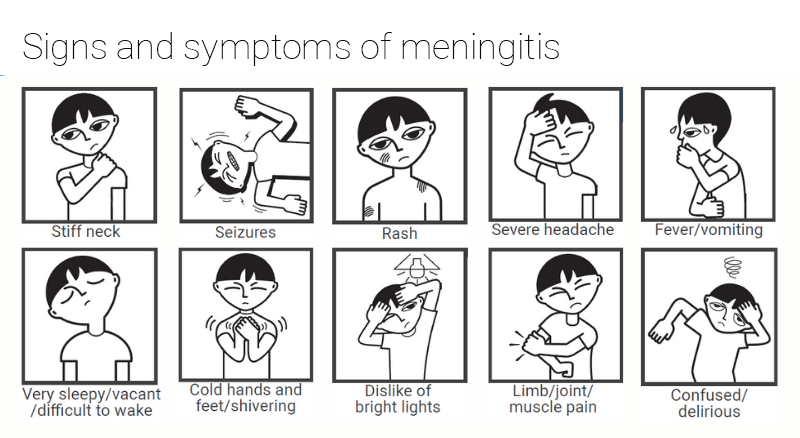New data and analysis, published by the UK Health Security Agency (UKHSA), shows a recent, sharp increase in cases of meningococcal group B (MenB) disease in university students in England, following the withdrawal of COVID-19 restrictions.
Throughout 2020 and 2021, restrictions to reduce transmission of COVID-19 had also led to rapid reductions in transmission of some types of meningitis-causing bacteria, with rates of meningococcal disease at a historic low until September 2021.
That low is now showing early evidence of reversing, with cases of meningococcal disease in teenagers and young adults rising sharply through Autumn 2021. Based on UKHSA data, cases in 15-19 year olds are now exceeding pre-pandemic levels, with nearly all cases caused by meningococcal group B (MenB).
In contrast, meningococcal group W (MenW) accounted for just 6% of cases, and no cases of MenY or MenC were observed from September to November 2021. This suggests that the MenACWY vaccination programme, targeted at teenagers since 2015, is maintaining low rates of the disease.
The UKHSA data begins to confirm the dangers of a post-lockdown infectious disease rebound, something leading charities, led by the Meningitis Research Foundation, warned of in December 2021, following reports of cases in universities, including the University of Exeter.
Of all the confirmed cases among the 15-19 and 20-24 age groups from September to November 2021, 85% (22 out of the 26 confirmed cases) were college and university students.
Linda Glennie, Director of Research, Evidence and Policy at the Meningitis Research Foundation, said:
“It’s encouraging to see that the MenACWY vaccine is working, and important for everyone eligible to get the vaccine. However, teenagers and young adults remain susceptible to MenB disease and are not eligible for routine MenB vaccine, due to low case numbers in this age group since the vaccine was introduced for babies.
The data published by UKHSA has highlighted that students, particularly those living on campuses, have a higher risk of meningococcal disease than their peers. It is essential that students, young people and their families remain vigilant to the signs and symptoms of meningitis and septicaemia. Meningitis progresses rapidly, so it’s critical to alert someone if ill, and to seek urgent medical advice.”

Professor Ray Borrow, one of the authors of the research paper and Head of the Vaccine Evaluation Unit at the UKHSA, said of this evidence:
“Students and parents need to be aware of the early signs and symptoms of meningitis and septicaemia. If you’re concerned you have any of the symptoms seek immediate medical help, as the earlier you get treatment the better.
Students and young people can also help protect themselves against some types of meningococcal bacteria by ensuring that they’ve had their MenACWY vaccine. They can do this by checking with their GP and getting the vaccine as soon as possible, if they’ve yet to be vaccinated.
We have one of the most comprehensive surveillance programmes for vaccine preventable diseases and will continue to monitor cases of meningococcal disease across England.”